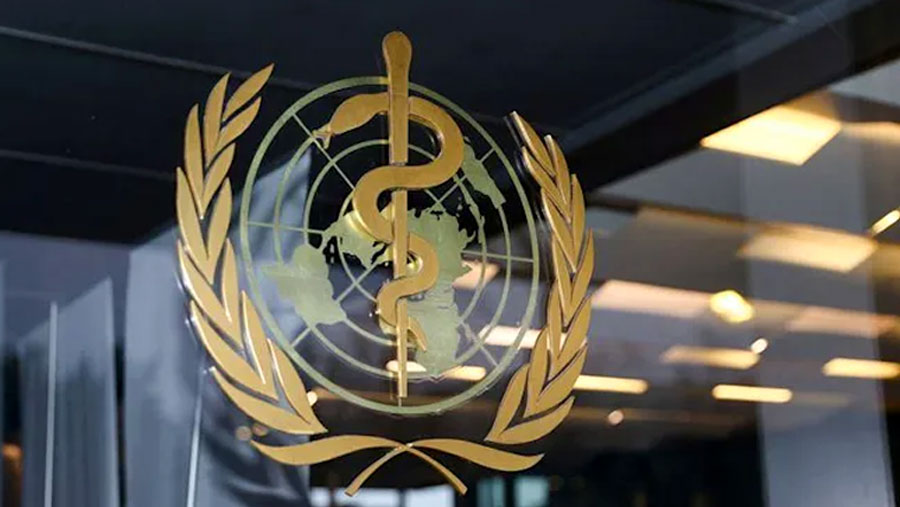


No new cases of Nipah virus have been detected in India since Sep 15, the World Health Organization said Tuesday (Oct 3), following an outbreak earlier in the month that caused two deaths. Nipah has no vaccine and a fatality rate ranging from 40 to 75 percent, according to the WHO.
From Sep 12 to 15, India's health ministry reported six laboratory-confirmed Nipah virus cases, including two deaths, in Kozhikode district in the southern state of Kerala.
Aside from the first case, whose source of infection is unknown, the other cases were family and hospital contacts of the first, the WHO said in an update on the outbreak.
As of Sep 27, 1,288 contacts of the confirmed cases were traced, including high-risk contacts and healthcare workers, who are under quarantine and monitoring for 21 days, the WHO said.
Since Sep 12, 387 samples have been tested, of which six cases were positive for Nipah virus infection, while all remaining samples tested negative, said the UN's health agency.
"Since Sep 15, no new cases have been detected," it said.
Fruit bats are the natural hosts for the virus. It spreads to humans via contact with infected animals such as bats and pigs. Nipah can also be caught from an infected person, though this route is less common, the WHO says.
The incubation period – the time from infection to the onset of symptoms – ranges from around four to 14 days, but has been reported to be as long as 45 days, according to the WHO.
Symptoms include intense fever, vomiting and a respiratory infection, but severe cases can involve seizures and encephalitis, an inflammation of the brain, and result in a coma.
The virus was first identified in 1998 after it spread among pig farmers in Malaysia.
"This is the sixth outbreak of Nipah virus in India since 2001," the WHO said.
In 2018, at least 17 people died after being infected by the virus in Kerala.
The WHO lists Nipah as one of its priority diseases that pose "the greatest public health risk due to their epidemic potential" and where there is "no or insufficient countermeasures".